Ever since I can remember, I wanted to be a medical doctor.In particular, I wanted to be a brain doctor. I couldn’t spell or pronounce ‘neurologist,’ but that was what I wanted to be when I grew up. Unfortunately, back then University was for the elite.Only 12% of Brits were lucky enough to be able to afford to attend. Several of my classmates made it to Oxford and Cambridge, but I had to change my ideas the closer I got to graduation, and I joined the Naval Academy instead.Not understanding the limitations of the university education system (my mother left school at 13, and my father joined the Royal Airforce at 17), my parents encouraged me when I was young. When I was 12, my mother presented me with a sheep’s head she had procured from a friendly butcher, handed me a kitchen knife and left me in the kitchen to practice my surgery skills.(I pretended I had a great time, but I buried the poor creature’s head in the woods nearby.)Next, my parents encouraged me to join an organization called St John’s Ambulance Brigade. It was 1972, and back then ‘Johnny Ambies’ as we were called, attended local sports and social events to provide first aid for anyone who needed it. It must have been pretty scary for the person who fainted on a hot day or fell over in a crowd to then have an enthusiastic 12-year-old dressed like a Nazi youth rush to their aid.

This is me in my uniform taken with my Kodak Instamatic.Pretty scary stuff.St Johns was a sort of Boy Scouts with bandages and we learned to bandage just about everything. We also learned the essential curative art of making a hot, sweet, cup of tea.
Diabetes was not a word I had heard, so no matter what the ailment — a broken bone, angina, decapitated head, the essential first response was to make the victim a hot, sweet cup of tea.Each town had its own St John’s brigade, and several times a year we were pitched against each other in tournaments to assess our first aid skills. There was an individual test and a team challenge, pretty daunting for a 12-year-old. Despite only being a member for a few months, I was selected to represent our brigade.The inter-town tournaments were taken very seriously, with no team allowed to view another’s efforts. A school gymnasium was bedecked like a stage scene of an accident with props and actors playing the parts of the victims. A panel of real doctors formed a formidable judging table at the back of the gym. It was all quite daunting.In my first competition, the scene was a family lounge.A man sat in a leather wing-backed chair bent forward in mock pain. He gripped his chest and groaned as if at death’s door. His pretend wife flustered and panicked around him as I entered the gym and, as I had been taught, ran to the scene, bandage bag flapping like a wing.The problem was that all I knew how to do was bandage damaged bones and make a hot, sweet, cup of tea. My white bandage bag had been carefully packed, something I felt for sure would win me points, and I was determined to use at least one bandage no matter the situation.The pretend wife told me her husband had chest pains and she couldn’t get any sense out of him. She really was in a panic. I asked the man to show me where the pains were. He seemed surprised by the question, but pointed to his heart. I felt around his chest and diagnosed a broken rib. He must have been the only man ever to break a rib while sitting quietly in a leather wing-back chair.The pretend wife started making more fuss. Of course, now I realize she was trying to help me out by pointing to the bottle of angina pills in his jacket pocket, but at the time I just thought she was being a nuisance…So I sent her to the pretend kitchen to make a hot, sweet, cup of tea.Then I proceeded to wrap the man’s chest in the neatest, tightest, rib bandages ever performed by a 12-year-old Johnny Ambie, so tight that he could barely breathe.(This time, however, he was gesturing to his pretend wife and the panel at the back of the room in genuine distress.)I was very proud of my work. The pretend wife returned with a pretend cup of tea…And I insisted the man drink it before dispatching the wife again to call an ambulance.Concerned that the actor might now be having a real heart attack, the leader of the panel called a halt. My test was over.Next came the team challenge. The scenario was a skier with a compound fracture of the leg. His make-up was very impressive. He groaned and writhed in mock agony. In a team of four, we each had an assigned role. As #2, my job was to make a hot, sweet cup of tea. The stage was laid out like a kitchen and all the ingredients were readily available. The appropriate response would have been to immediately call an ambulance, but we had been trained in bandaging and tea.I set about my task with a degree of nervousness in front of the judging panel. The man writhed and moaned even more, trying his hardest to hint at what we should do. But a good cup of tea can’t be rushed. First, we have to heat the pot with warm water, which of course has to run for a few minutes until it is hot from the tap. Then we select the tea. I wasn’t sure there was a tea particularly suited to a compound fracture of the femur, but it was a test so I spent some time making my selection. The rule is one scoop of loose tea per person and one for the pot, so I counted the team, the man in agony and added six scoops to the pot. The other three members of the rescue team looked on in patient admiration for my skills, while fake blood squirted from the poor man’s thigh. I added the boiling water (which seemed to take forever to boil), and then we all sat around — as the key secret in great tea is to let it brew for a full four minutes.While the man started screaming in mock pain and muttering that he might need an ambulance, we simply sat around looking at our watches until four minutes had passed. At the appointed time, I laid out five cups and saucers with teaspoons, poured a little milk into each cup, added a teaspoon of sugar to each of the team member’s cups and four for the victim.Satisfied of a job well done, and confident of massive points from the judges, I walked over to the now inconsolable man and offered him the cup of tea. He didn’t respond. I told him it was a hot, sweet, cup of tea that will make him feel a lot better, at which point he muttered that he was diabetic. My team members and I exchanged glances, hoping one of us understood the word, and then one of them said:‘That’s nice for you, sir. Now drink it slowly and we’ll bandage your leg.’ The man didn’t move, so two of them took an arm each and hauled him into a sitting position. The false bone that had been poking out of his leg from a layer of red-stained plasticine now stood completely vertical. It was the most challenging bandaging exercise we had all ever faced, but we stuck to the task.Perhaps the saddest part about this experience is that, in the individual competition, I won 2nd place, with special points for rib bandaging, and in the team challenge, we came in 3rd out of eight teams. I can only imagine how bad the others must have been. I’m sure the judging panel had one of the best days of their lives.Even today, my first response to any crisis is a hot, sweet, cup of tea. It’s clearly a panacea.That day, I had to walk five miles home, and I passed a fish & chip shop but had no money for any. The owner saw me in my uniform and called me inside. He asked about the uniform and then I showed him my shield (which I won for 2nd place) and I got free fish and chips. I still remember how kind he was.No cup of tea, though.
Cheers Trev




